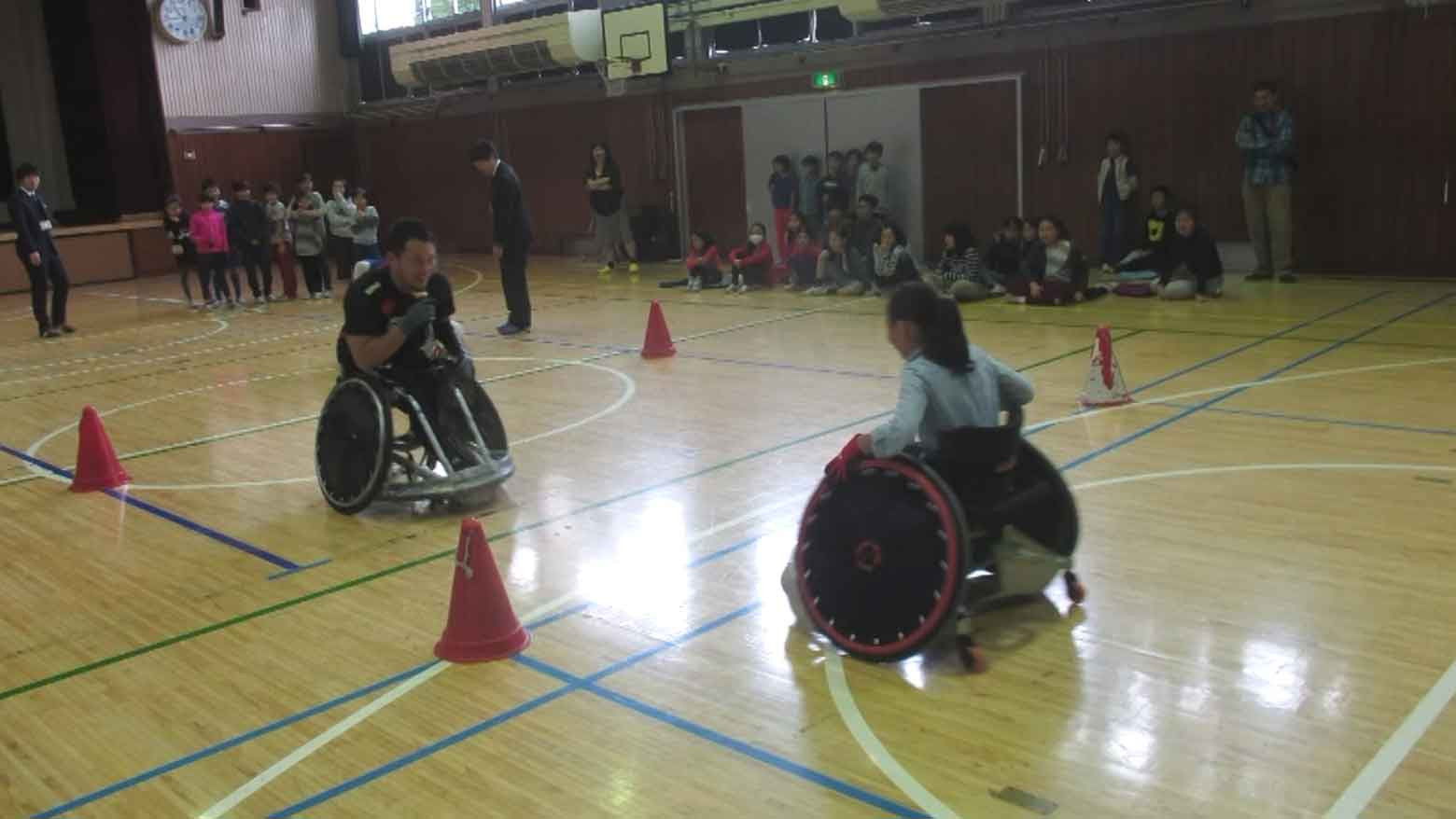Students from Tokyo’s Tomigaya Elementary School were among the lucky ones. About 220 attended the Paralympic badminton competition, where they were captivated by performances from athletes with artificial limbs and in wheelchairs.
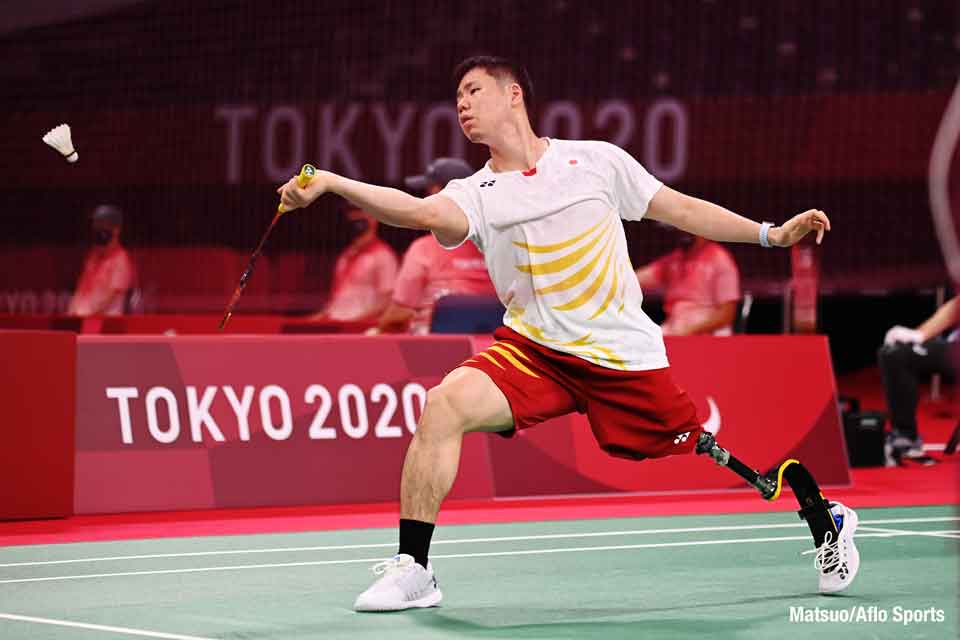
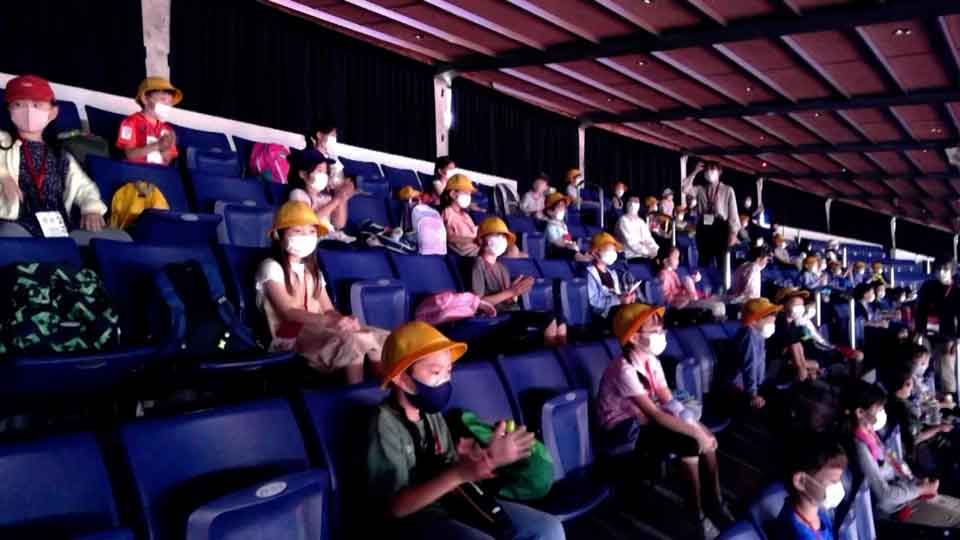
One girl said she was impressed by the power of a badminton smash from an athlete with a prosthetic leg. Another student said he was inspired to volunteer at an Olympics and Paralympics when he grows up.
Olympics and Paralympics school curriculum
As Tokyo prepared for the Games, schools across Japan included the event in the curriculum. The aim was to consider how the events promote global understanding. Students studied the cultures of countries and regions that were being represented. Some schools invited athletes to share their stories and talk about the hardships they were able to overcome.
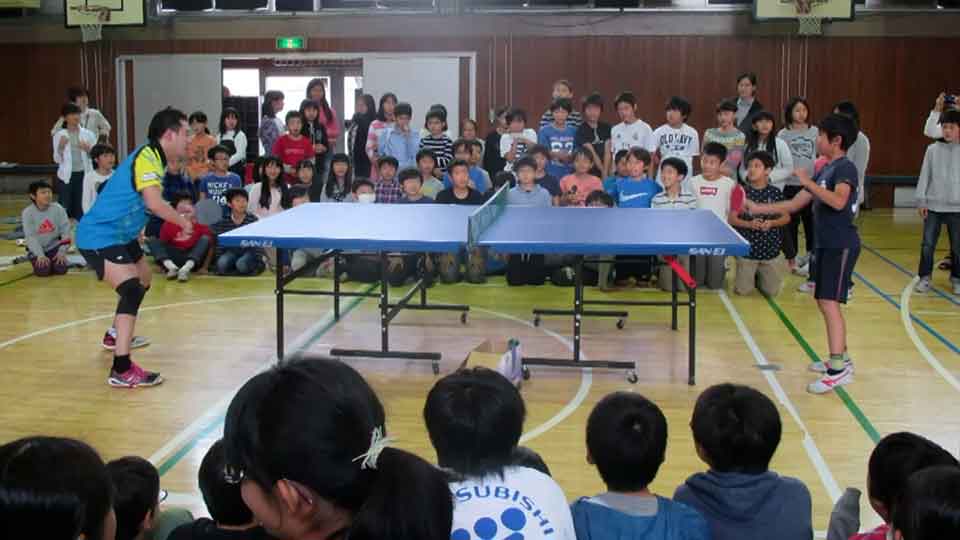
Tomigaya Elementary sixth-grade teacher Tamura Keiyu led the Paralympic learning program at his school. That included a para table tennis demonstration. Students were also able to take part in a wheelchair rugby game.
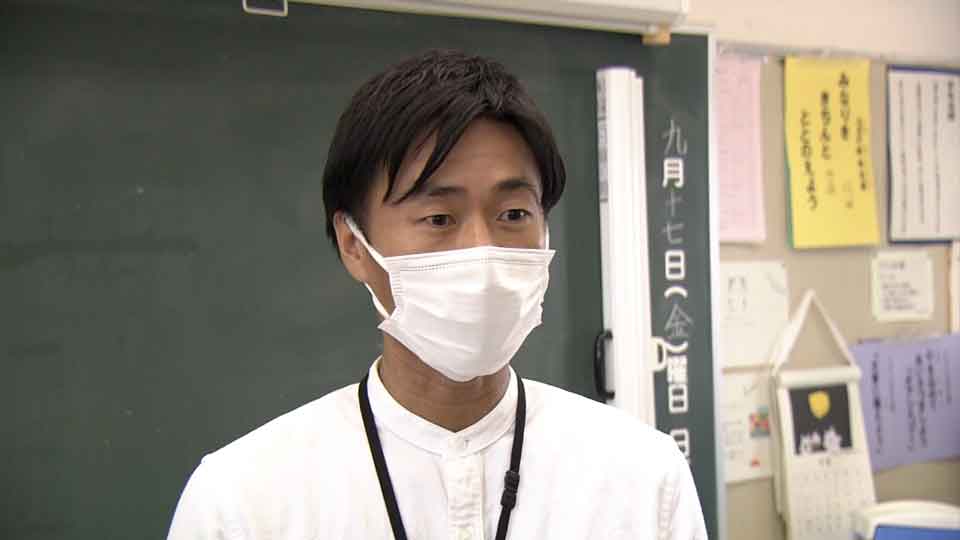
Tamura said the interaction with disabled athletes was a learning experience. "I wanted students to know that there are many different people in our society who are working as hard as they are. I hope each and every student will aspire to living in an inclusive society.”
What the students learned
Tamura's students said that as the Games drew to a close, they had developed a better understanding about eliminating discrimination.
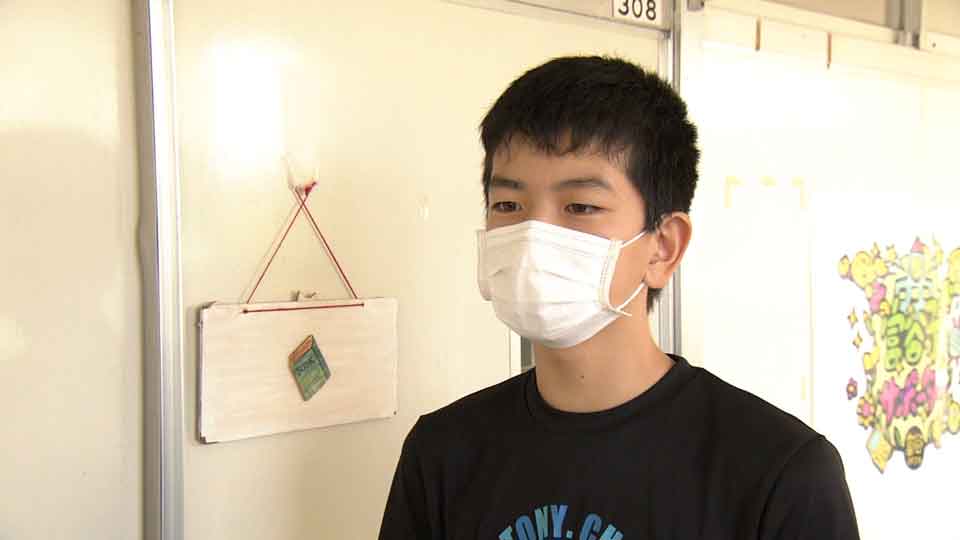
One student noted that people with disabilities do not want to be viewed with pity. Another said she wanted to play a role in eradicating gender and racial discrimination.
Their teacher said that despite the difficulties organizers faced, holding the Olympics and Paralympics in Tokyo “was very valuable”. One of the event’s legacies could well be the enlightened attitudes of the schoolchildren who were able to watch, learn and listen.
